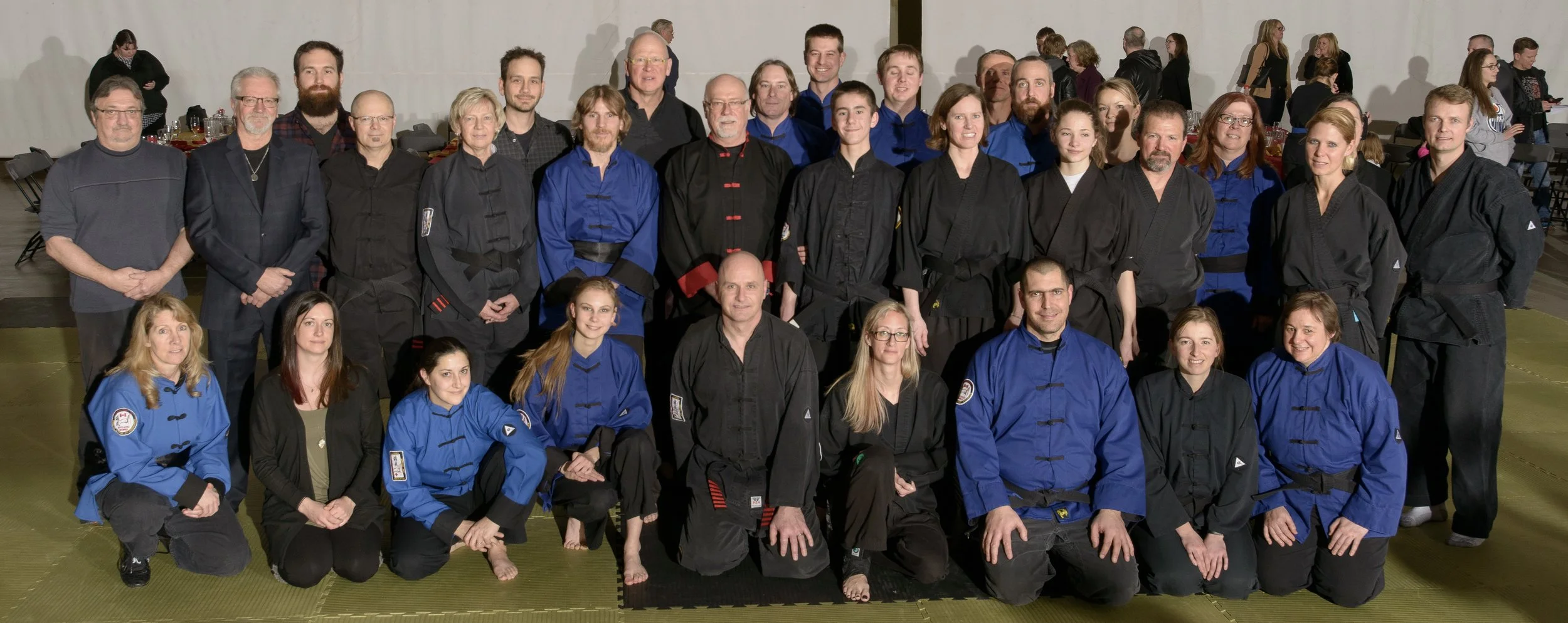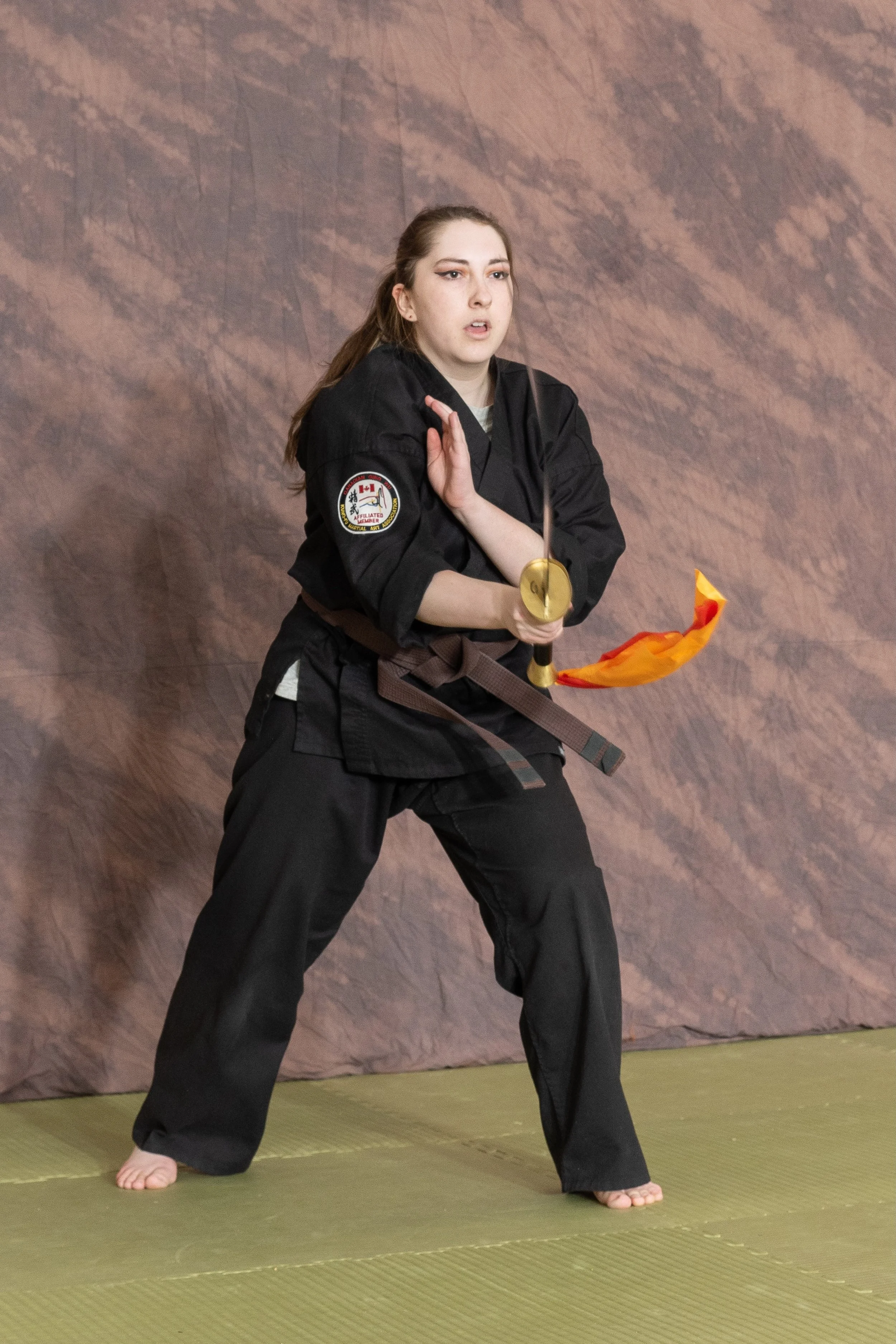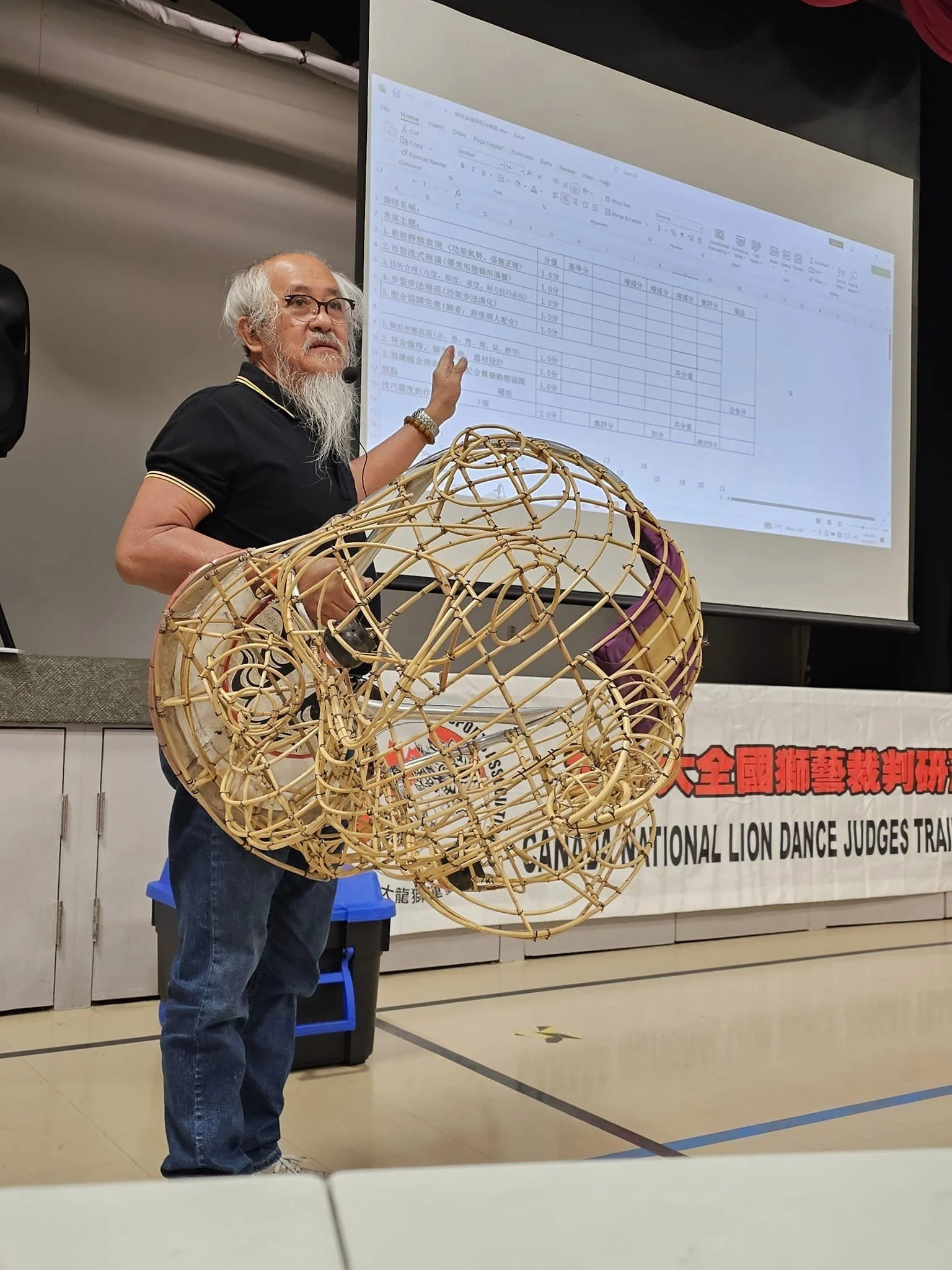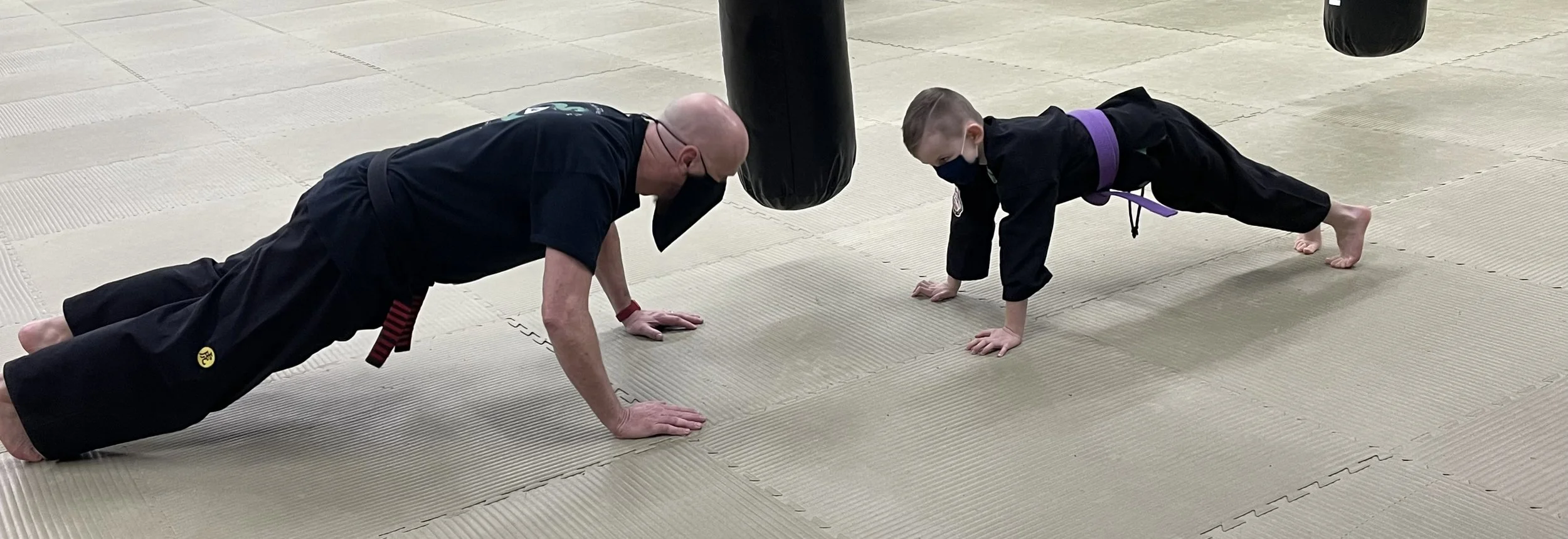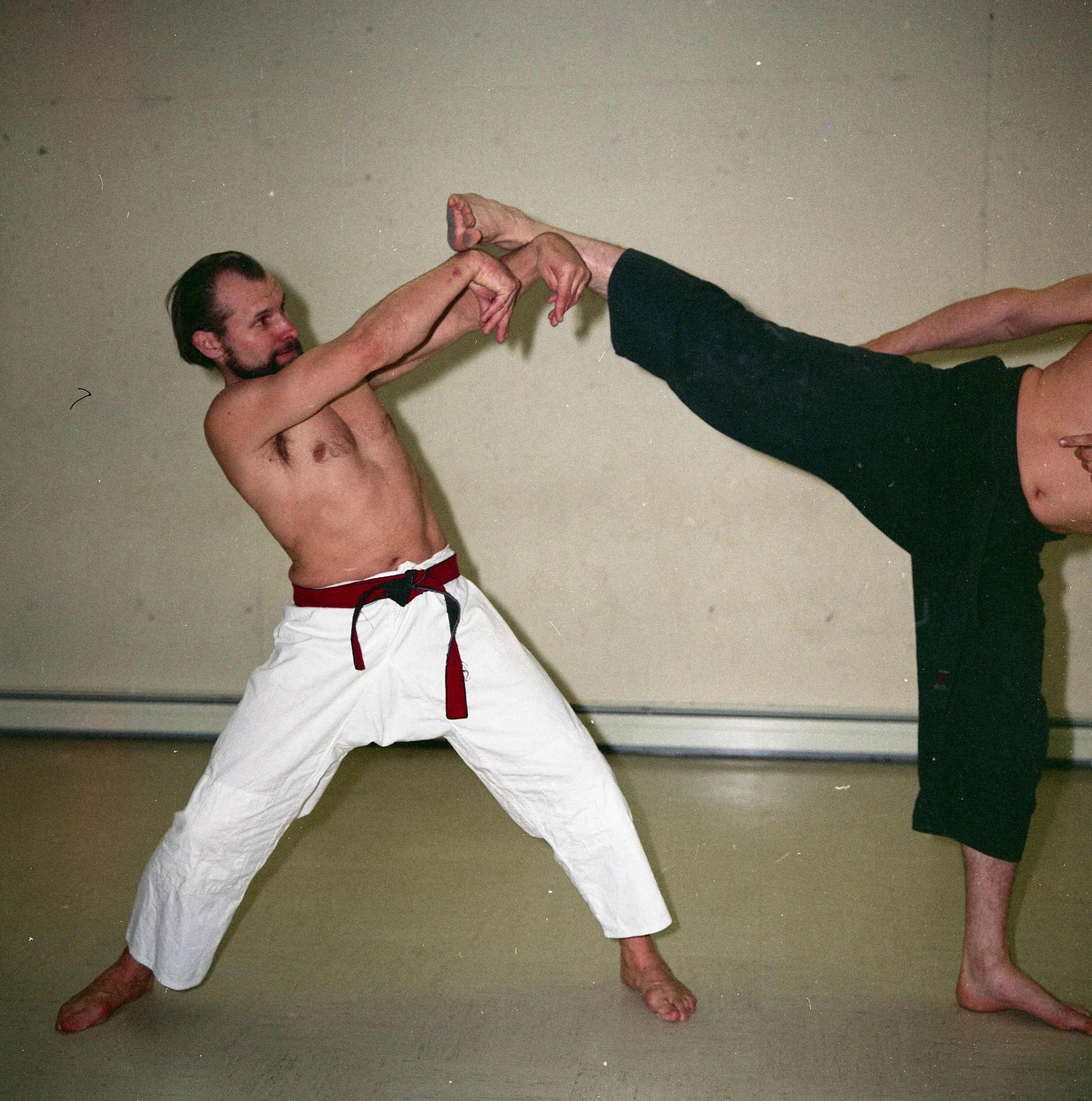With the changes we have implemented this year to the black belt grading process, the one thing that I am concerned about is how to give the candidates the same sense of accomplishment provided by a twelve hour grading process that we controlled, as the new process where the candidates have all the control and responsibility. I have spent the past couple of months considering how to give the upcoming scheduled Black Belt Demo Day on December 2nd a sense of ritual and ceremony for the candidates.
Max and Eva will remember the black belt grading that we had tried experimenting with a twice a year grading cycle so that people who failed to pass did not have to wait a full year to try again. The people who graded in the spring had to wait until the following February to get promoted during the banquet. They felt a big disconnect between their grading and their promotion. What I am concerned about with our new process is that there will be a disconnect between their I Ho Chuan year of development and the results of a forty-five minute demonstration.
A solution to this problem can be found in combining the candidates’ demonstration day with the black belt ceremony. By finishing their demonstration day with the black belt ceremony, we will be providing ritual and ceremony to highlight the scope of their accomplishments.
Candidate Demonstration and Black Belt Ceremony 2024
We push the planned demonstration day for the candidates from December 2nd, 2023 to January 6, 2024.
The black belts looking to be promoted to higher degrees will perform their presentations in front of the Master Instructors at 2:30 pm. *
The black belt candidates will perform their presentations in front of the entire grading board at 3:30pm. *
The black belt ceremony with all the black belts will begin at 5pm. **
* Only ‘qualified’ black belts and candidates will be allowed to present as determined by their IHC process.
** Only candidates who have successfully ‘passed’ their grading will take part in the ceremony.
Future presentations/ceremonies will run at different times, depending upon how many candidates will be performing that year.
This format will also see the duties of the grading board evolve to reflect the weight being put on the I Ho Chuan process. My vision is that the grading board will stay intact as it is with the board members monitoring the candidates (both 1st degree brown belts and black belts) and submitting quarterly assessments so that the candidates are getting real-time feedback as their year progresses. Any board member who is part of the I Ho Chuan team AND seeking higher promotion will recuse themselves from the grading board for that year so that they are solely focused on their own development and grading.
